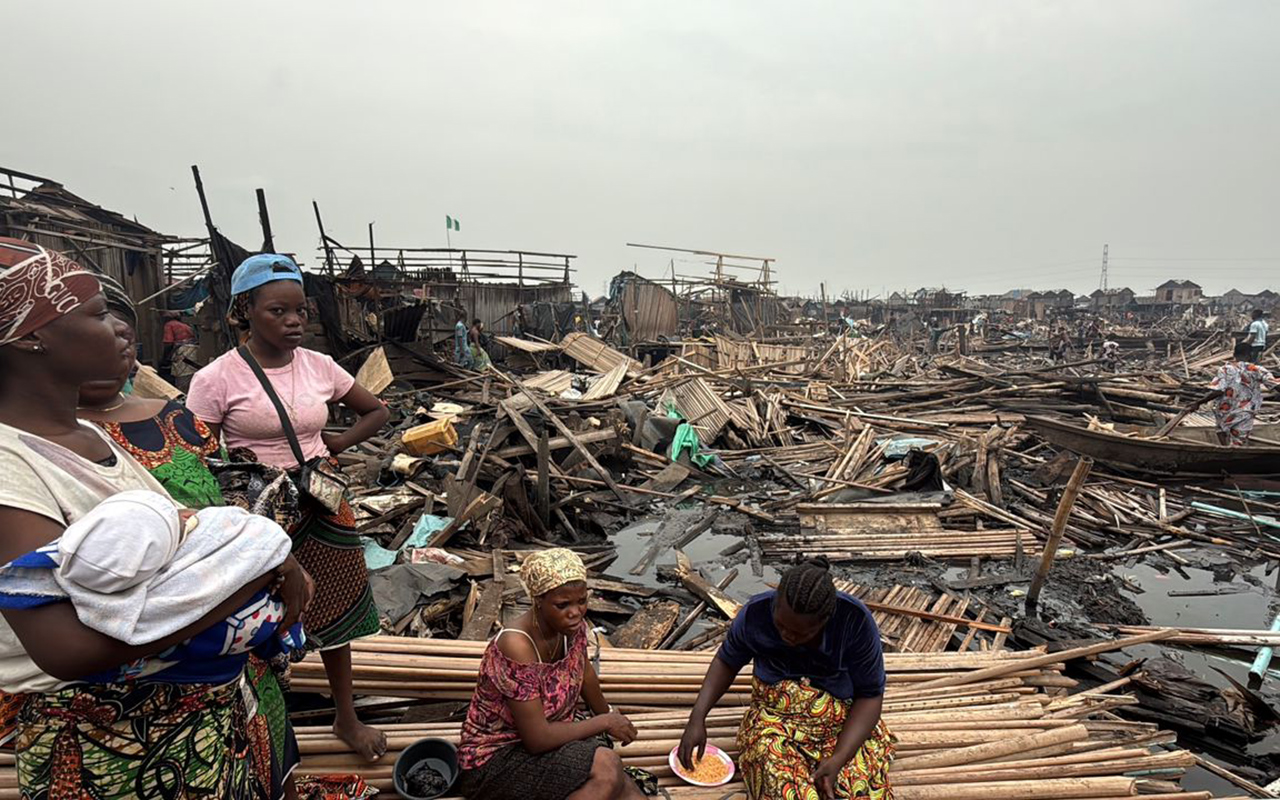The Lutheran Church of Christ in Nigeria (LCCN) has called on government at all levels, civil society, and faith-based organizations to unite in ending the scourge of human trafficking in the country.
In a world briefing marking the 2025 World Day Against Trafficking in Persons, which took place on Wednesday in Jalingo, Taraba State, the Archbishop of the Lutheran Church of Christ in Nigeria, Most Rev. Musa Panti Filibuster, described trafficking as a deadly, organized criminal activity that continues to devastate families and communities across Nigeria.
Emphasizing the theme “Human Trafficking is Organized Crime: End Exploitation Now!”, he called for all hands to be on deck in order to end the scourge of human trafficking that has become a common phenomenon in the entire axis of the country.
“The deep and enduring evil of human trafficking stands as both a solemn reminder and a clarion call to action,” the Church declared, warning that the crime is no longer distant but deeply embedded in Nigerian society.
The LCCN highlighted the disproportionate impact of trafficking on children, youth, and vulnerable women, who, according to him, are often lured by false promises of jobs and education, only to be trapped in forced labor, sexual exploitation, or modern slavery both abroad and within local communities.
Describing trafficking as a sin against humanity and a violation of God’s creation, the Church cited biblical teachings that affirm the dignity and sanctity of human life. “Human life is not for sale,” the clergy said, stressing that “trafficking tears families apart and corrupts the moral foundation of our society. It must be confronted head-on.”
Since 2017, the LCCN, as announced by the Archbishop, has been implementing the Symbols of Hope Project, a Church-led initiative.
Initiatives that have been led by the Church across the country since 2017, as reeled out by him, include providing psychosocial support to over 3,000 survivors of trafficking, conducting awareness campaigns in churches, schools, and communities, facilitating reintegration and economic empowerment for returned migrants, among others.
While acknowledging the efforts of the Church, the LCCN stressed that combating human trafficking requires a collective societal response.
“We call on all levels of government to urgently strengthen and enforce laws against trafficking, ensure justice for victims, and invest in education and job creation, especially in rural and conflict-affected areas,” the Church urged.
Families and communities were also called upon to remain vigilant and to break the culture of silence and stigma surrounding victims, while religious leaders were encouraged to speak out and act in defense of the oppressed.
“As people of faith, let us not only proclaim spiritual deliverance but also fight for freedom from human oppression,” the statement concluded. “Until every chain of exploitation is broken, we will stand united in hope and action.”
The LCCN reaffirmed its commitment to prayer, advocacy, and action, declaring human trafficking an “ungodly act” that must be eradicated to protect the dignity of all.






